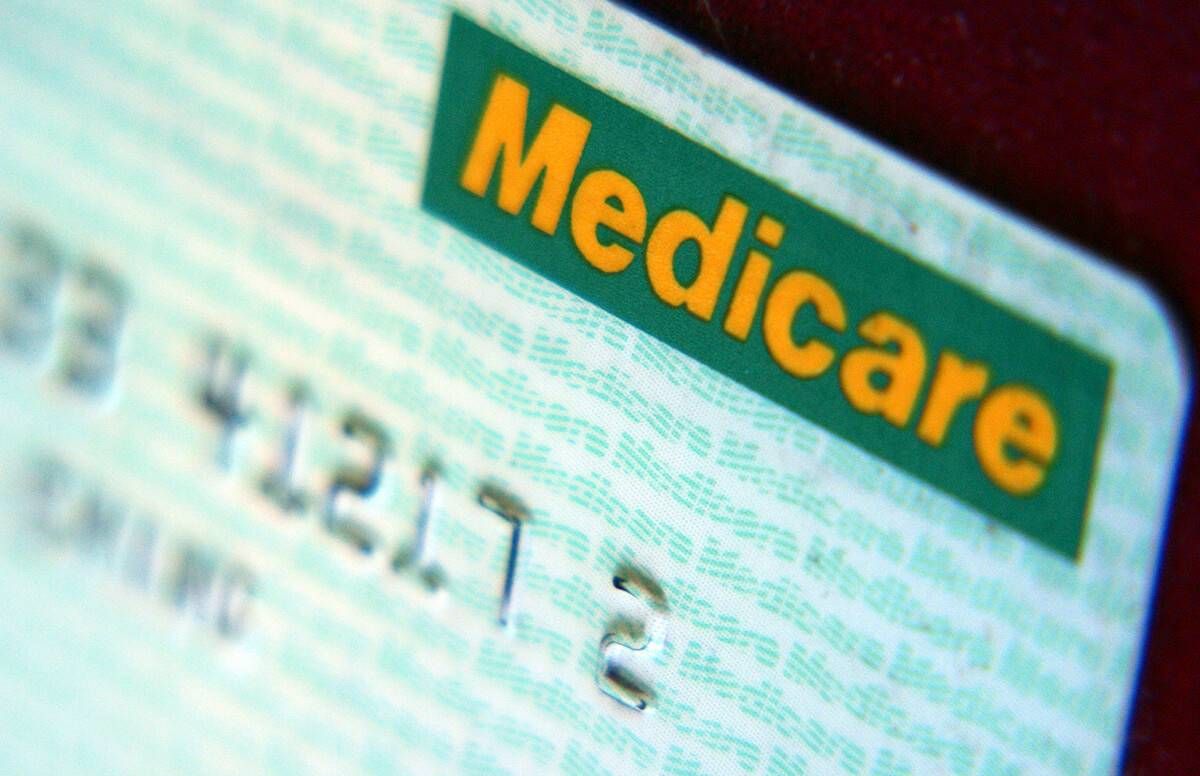Medicare Open Enrollment: 9 Questions and Answers
They'll help whether you're on Medicare or newly enrolling
Now that we’re well into Medicare’s annual open enrollment period (which runs through Dec. 7), it’s a crucial time for two types of people.

Those approaching their 65th birthday should start boning up on the essentials of Medicare. It’s imperative to make the best decision from the start.
And people who already have Medicare should determine whether they need to consider alternative Medicare options for 2017. (Only 13 percent of people with Medicare plans review their coverage and not doing so could be a very costly mistake.)
With this in mind, here are nine Medicare enrollment questions and my answers, based on my expertise as co-founder and president of 65 Incorporated, an independent, unbiased Medicare advisory firm:
Initial Enrollment Questions
Question 1: Are you 65?
If you answered No, a follow up question for you is this: When’s your birthday? If you’re within three months of turning 65, you can begin to apply for Medicare enrollment.
You do have a bit of a window known as the Initial Enrollment Period. You can apply for Medicare any time from three months before to three months following your 65th birthday. Applying before your birthday month can ensure coverage will begin the month you turn 65.
If you a miss your initial enrollment period, your next chance to apply comes in January with the start of the General Enrollment Period. That period goes from January 1 through March 31 and coverage will not begin until July 1. You may face a late enrollment penalty if you miss initial enrollment.
Question 2: If you’re turning 65 soon, are you enrolled in a health plan through the insurance marketplace?
If you answered No, you’ll want to still begin planning for Medicare enrollment.
However, if you answered Yes, a word of caution: Something called “seamless conversion” may essentially roll you into a Medicare Advantage plan with your current insurance provider. (A Medicare Advantage plan is an alternative to Traditional Medicare and restricts you to a network of providers but often offers coverage that Traditional Medicare doesn’t, sometimes for an additional premium.) Seamless conversion is done automatically, but you want to be in control of this decision.
I say it “may” roll you in because the Centers for Medicare and Medicaid Services (CMS) recently put the temporary brakes on seamless conversions. Still, you’re going to want to keep a very close eye on this and ask an expert when it comes time for you to enroll in a Medicare plan.
Question 3: Are you still working full-time?
If you are, and have health insurance through your employer, you may be able to delay Medicare enrollment. But if your group plan has fewer than 20 employees, you'll need to enroll in Medicare.
Question 4: Does your spouse work full-time?
If you are covered by your spouse's employer, you may also be able to delay Medicare enrollment. But there are exceptions to this rule. You'll want to make sure you make the right decision for your given situation. The Medicare.gov site has the rules.
Question 5: If you’re married, will you and your spouse receive more than $170,000 in income this year? Or if you’re single or widowed, will you receive more than $85,000?
If so, Medicare’s Income-Related Monthly Adjustment Amounts will kick in and you may end up paying a lot more in Medicare premiums. The dollar threshold isn’t just based on income from a job. It can also include retirement money you’ve received from a Roth IRA you’ve taken advantage of over the course of the year.
Open Enrollment Questions for Current Medicare Beneficiaries:
Question 6: When was the last time you reviewed your Medicare coverage?
If your answer is more than two years ago, you need to take advantage of open enrollment season because there may be better options for you. Use the Medicare Plan Finder tool or consult someone with expertise in Medicare.
Question 7: Why would I want to get Medicare prescription drug coverage if I don’t take any medications?
A good question. First, if you end up needing a medication such as an antibiotic and you didn't have coverage, you would pay 100 percent of the cost. Second, and more important, every month that you don’t have creditable prescription drug coverage, you face a late enrollment penalty when you eventually do get a plan. In 2017, that penalty will be $0.35 for every month you didn’t have drug coverage. Go two years without drug coverage and you’ll pay an extra $4.20 every month. That doesn’t sound like much, but the penalty amount increases every year and it will follow you for life.
If you don’t have Medicare drug coverage now, you can get a plan during Open Enrollment.
Question 8: Have you had dramatic changes in the prescription drugs you take in the past year?
If so, take advantage of open enrollment and reevaluate your plan versus other options.
Question 9: Which prescription drugs are you on? Are they still covered by your Medicare plan?
Make sure that whichever plan you’re choosing covers them. If you are currently enrolled in a plan, verify that you’re covered during open enrollment season.
I worked with a gentleman who would have had his out-of-pocket costs for his prescription drugs increase from about $1,000 per year to $3,000 per year if he had stayed on his Medicare Advantage plan. When in doubt, double-check.

